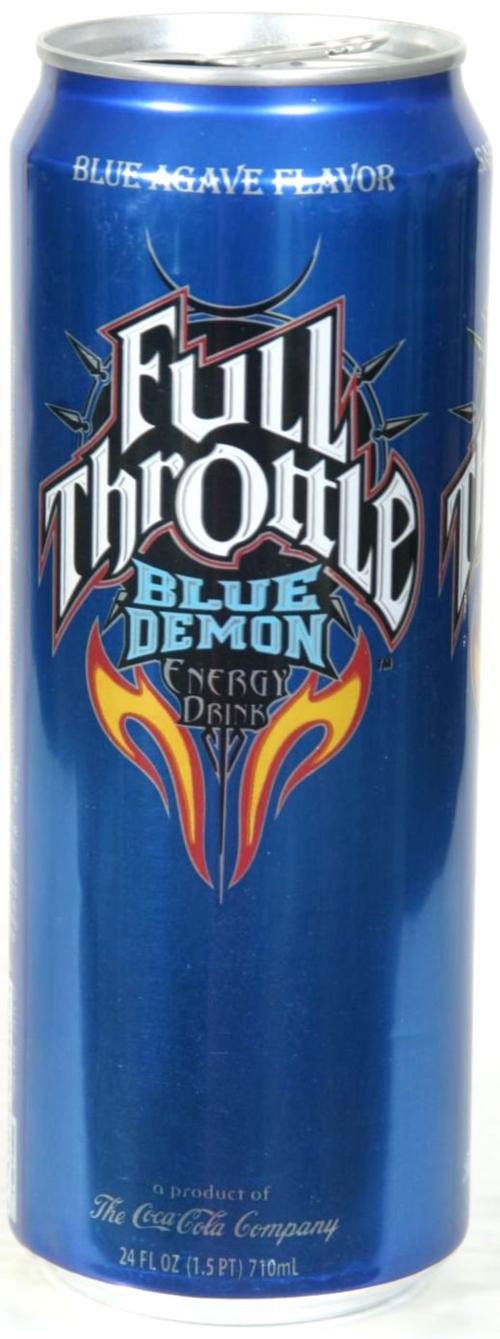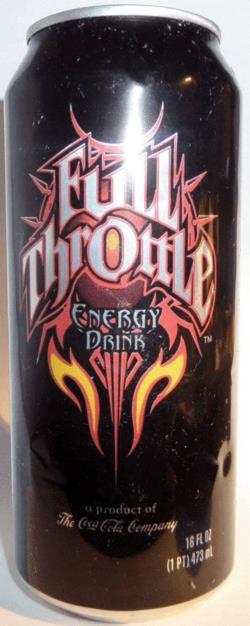
Although the company makes no specific claim that its product enhances athletic prowess, it is no coincidence that Red Bull devotes approximately one-third of its annual marketing expenditures to sports sponsorships. The company has recently expanded its reach by sponsoring high-profile sports events and owning teams, including the New York Red Bulls soccer team, several Austrian soccer and ice hockey teams, and NASCAR and Formula One racing teams. 8, 9 In fact, Red Bull built its high-octane reputation via an early and strong association with motor sports. Nevertheless, the marketing strategies that have netted energy drinks an ever-expanding share of the global market since their introduction in 1987 rely extensively on imagery associated with extreme sports such as snowboarding, rock-climbing, parasailing, and BASE jumping. 4, 5 Containing caffeine, taurine, vitamins, and usually sugar, these drinks are generally marketed as enhancing alertness or providing a short-term energy boost and do not constitute suitable sources of rehydration or restoration of electrolytes in association with athletic activity. My purpose in the present study was to examine links between sport-related identity, adherence to conventional norms for masculine behavior, risk taking, and energy drink consumption, with particular attention to the gendered relationship between jock identity and this type of substance use.Įnergy drinks such as Red Bull, Monster Energy, Rock-star, and Full Throttle occupy a large and growing place in the consumption habits of adolescents and emerging adults, with sales exceeding half a million dollars in 2006, a more than 50% increase over 2005 sales. 3 However, although a small but growing number of researchers have examined the physiological and psychological impacts of these substances, little attention has been devoted to the identification of typical user characteristics.


1, 2 Energy-drink advertising consistently emphasizes a physically active lifestyle featuring a range of extreme sports, putting male athletes squarely in the crosshairs for this product.

Miller, PhD, unpublished data, April 2006). According to the prevailing media campaign for a popular energy drink in the United States, “Red Bull gives you wings.” Whether the consumption of Red Bull and comparable stimulant beverages is also associated with the complex of behaviors and attitudes that comprise a toxic jock identity (defined as a sport-related identity predicated on risk taking and hypermasculinity) remains open to question (K.E.


 0 kommentar(er)
0 kommentar(er)
